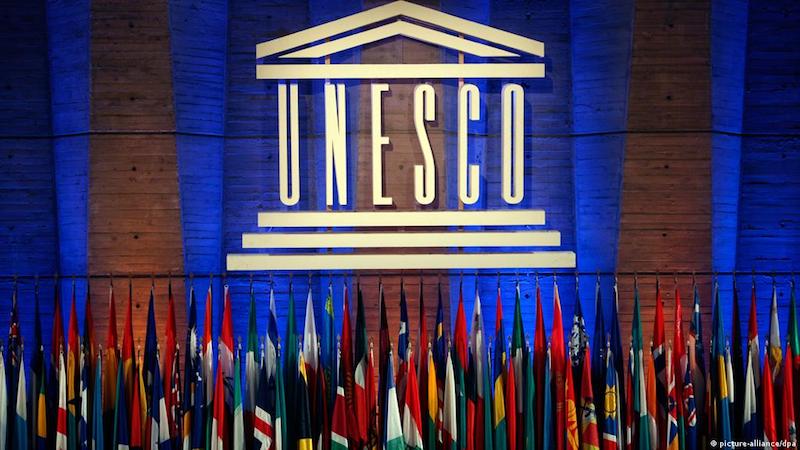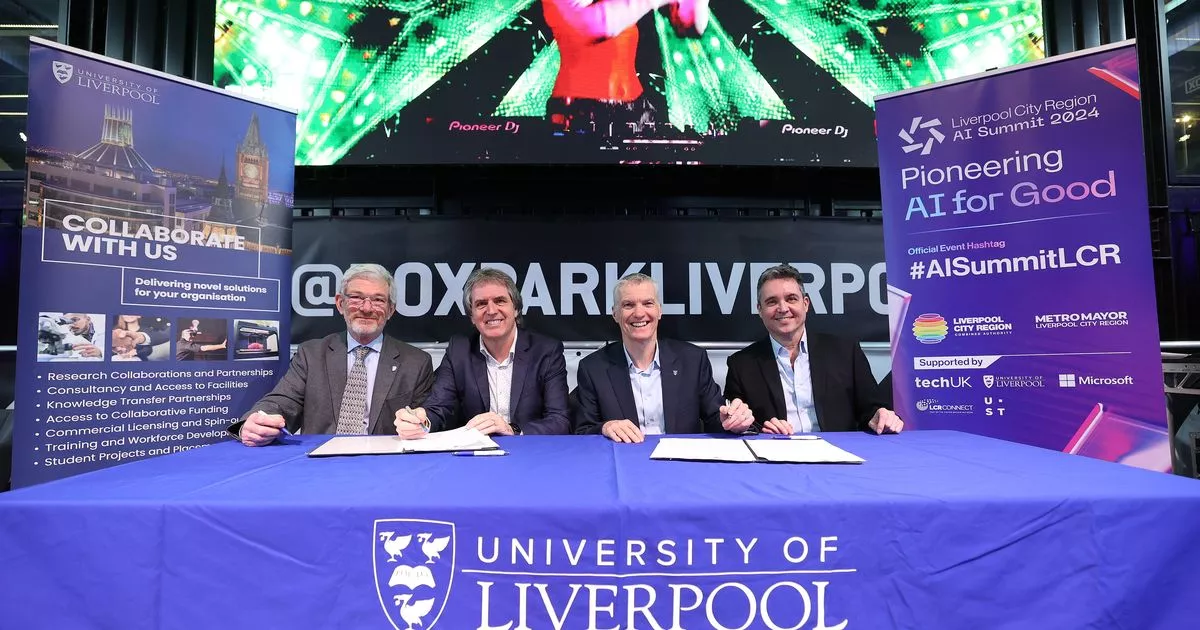
The United Nations Education Scientific and Cultural Organisation (UNESCO) yesterday engaged students in Ogun State on the need to promote different cultural expressions in Africa using digital technology.
To this end, the organisation, through its Institute for African Culture and International Understanding (IACIU), engaged secondary school students in Abeokuta, on how to safeguard and promote the African cultural heritage through art and technology.
The training was the fourth in the series to be organised by the institute.
The fourth series of the training, which was the last for 2022, was held at Mcjob Grammar School, Abeokuta, Ogun State.
Speaking at the event, in Abeokuta, the Director of the Institute, Prof. Peter Okebukola, said the project was designed to educate and enlighten Nigerians, especially the young ones on the importance of using indigenous arts and culture to change the narratives the non-Africans have about the African continent and its cultural heritage.
Okebukola, who is former Executive Secretary of the National University Commission (NUC), said the training was meant to expose participants to the use of technology to protect and promote the African cultural heritage in this digital age.
He said the institute situated at the premises of the Olusegun Obasanjo Presidential Library (OOPL), Abeokuta, was established by UNESCO to further foster the capacities and knowledge of people through activities that promote cultural expressions through digital technology.
This, according Okebukola was in line with the goals of the UNESCO 2005 Convention which is to promote the diversity of different cultures and preserve the African cultural heritage amongst other objectives.
He further encouraged youths to be proud of showcasing their various cultures, by speaking their languages, listening to good and educative African music, learn to cook their native cuisines and wear the African prints.
Okebukola said “The United Nations Education Scientific and Cultural Organisation (UNESCO) in a bid to further enhance the way culture is expressed and to the world, established a formal agreement between countries within its jurisdiction in order to uphold, promote and protect cultural diversities.
“The project is designed to educate and enlighten us all on the importance of using our arts and culture to change the negative views the non-Africans have about our great continent and how we can in turn use technology to protect and promote this great African cultural heritage,” he added.
A National Programme Officer at the institute, Mrs. Aderonke Omotola – Amos said the programme was designed to further enlighten participants on the need to appreciate the African culture and do everything possible to protect and promote it, saying, “Our culture is our identity, it’s who we are and this must not be taken from us.”
Source:- THISDAY










